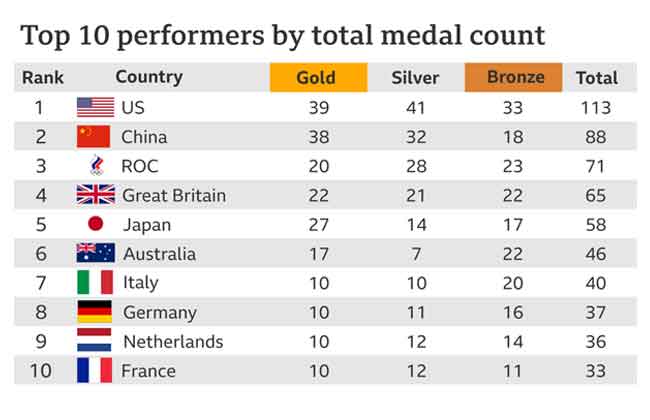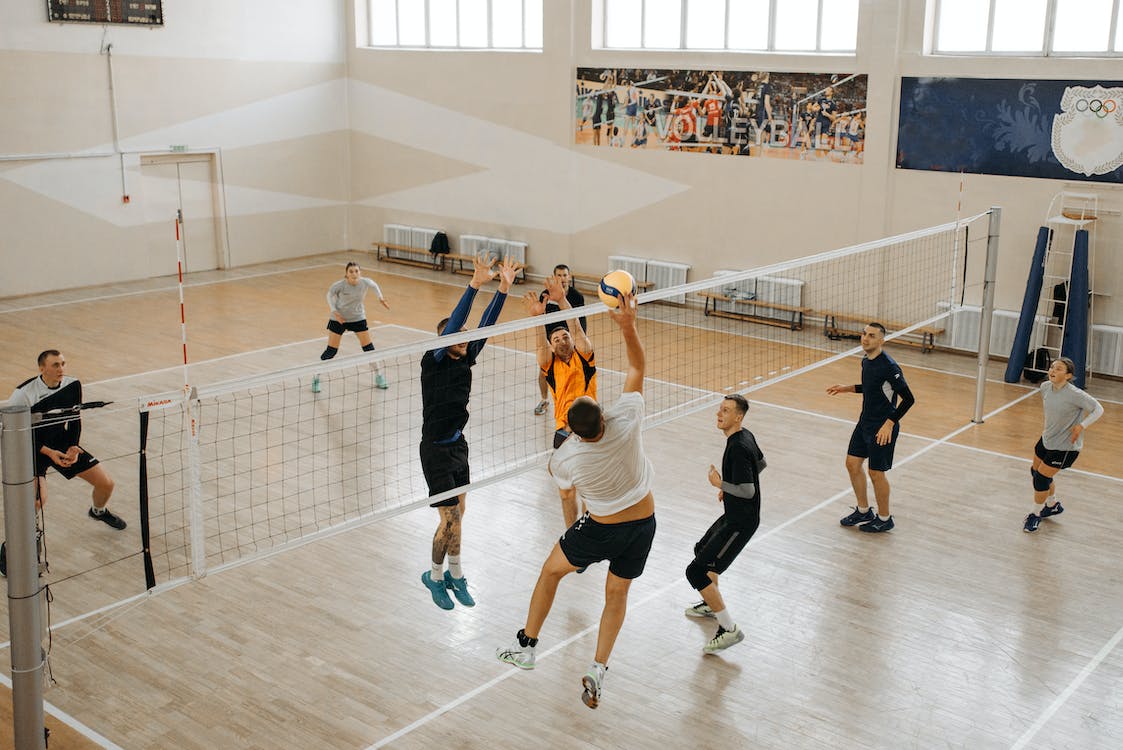The Olympics is the biggest international sporting event in the world, bringing together athletes from all corners of the globe to compete in a range of sports. One of the most closely watched aspects of the Olympics is the medal count, which tracks the number of medals won by each country during the course of the games. In this article, we will explore the Olympics medal count and results, including the top-performing countries and the factors that contribute to their success.
Top-performing countries
Over the years, a number of countries have emerged as dominant forces in the Olympics, consistently finishing at the top of the medal table. The United States is one such country, with a long history of Olympic success. As of the 2020 Olympics, the United States is the all-time leader in total medals, with a staggering 2,522 medals won across all editions of the games. This includes 1,022 gold medals, which is also the highest of any country.
Other countries that consistently perform well at the Olympics include China, Russia, and Japan. China has become a major force in the Olympics in recent years, winning the second-most total medals of any country and finishing at the top of the medal table at both the 2008 and 2012 Olympics. Russia, which has competed under various names over the years, is also a consistent medal contender, with a particularly strong showing in winter sports. Japan has a rich tradition of Olympic success, with particularly strong performances in sports such as judo and gymnastics.
Factors contributing to success
There are a number of factors that contribute to a country’s success at the Olympics. One of the most important is funding. Countries that invest heavily in sports and provide robust support to their athletes tend to perform better than those that do not. For example, the United States Olympic Committee receives significant funding from both the government and private sponsors, allowing it to provide top-notch training and resources to its athletes.
Another factor is talent development. Countries that have strong grassroots programs for identifying and nurturing young talent tend to have a better chance of success at the Olympics. For example, China has invested heavily in identifying and training young athletes from a young age, which has contributed to its recent success in a range of sports.
Finally, a country’s performance at the Olympics can be influenced by its cultural attitudes towards sports. Countries that place a strong emphasis on athleticism and competition, and that value Olympic success highly, tend to perform better than those that do not. For example, the United States has a strong sports culture, with many young people participating in organized sports and viewing athletic achievement as a key part of their identity.
![]()





